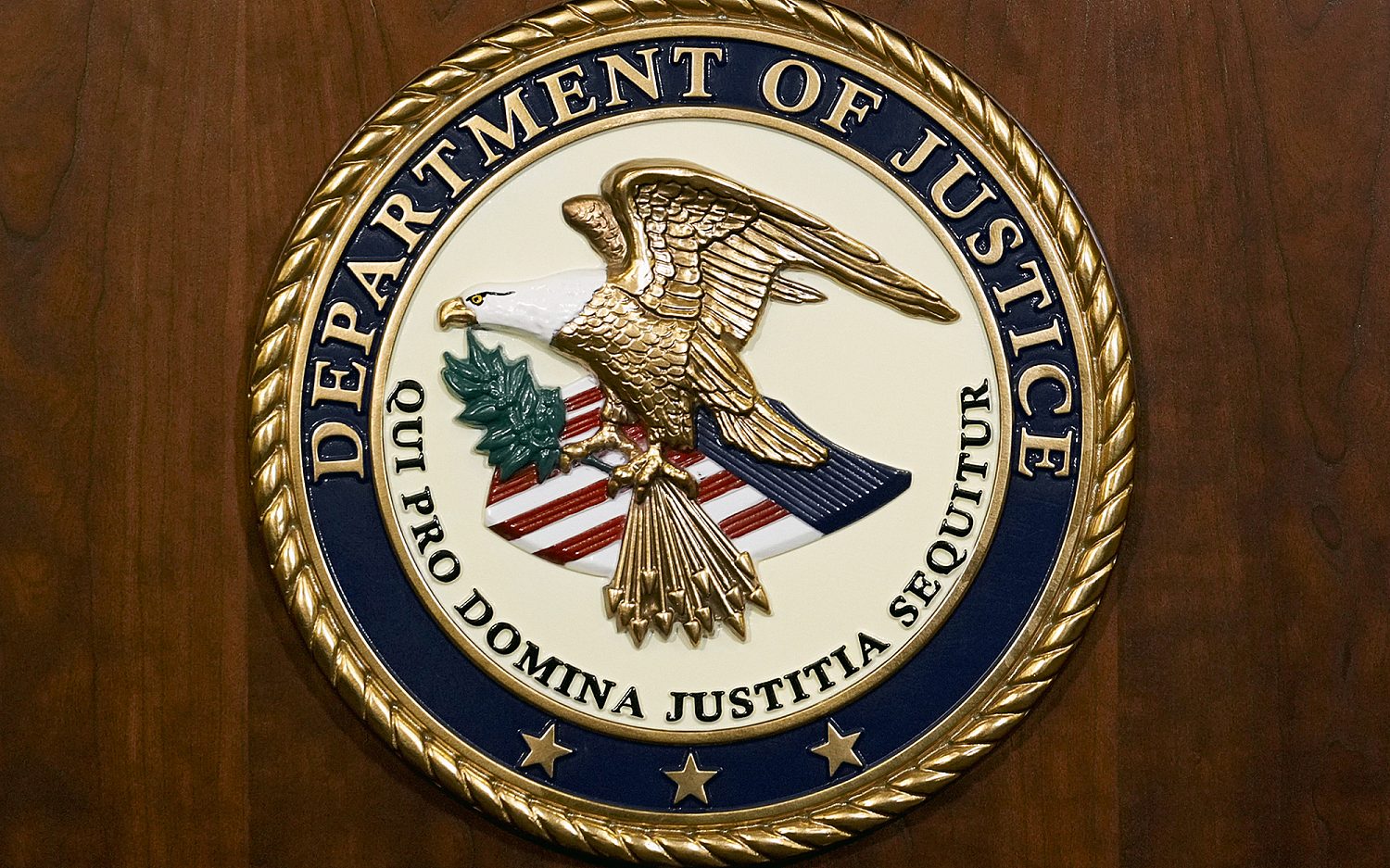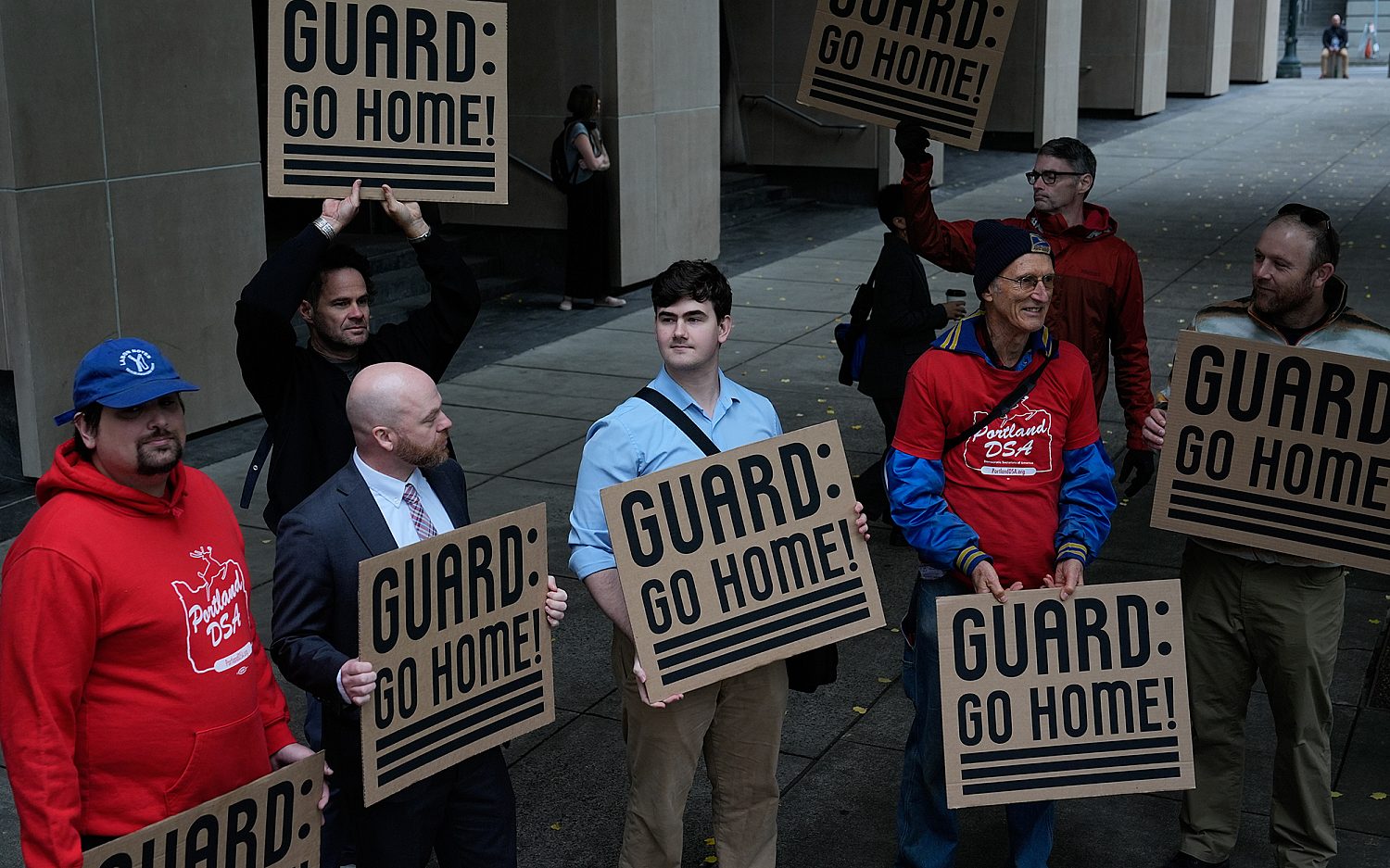‘All of these are crowns’
Egyptian Christians mourn fellow believers slain in Palm Sunday bombings, vowing to persevere
In the seaside city of Alexandria, Egypt, on Monday evening, hundreds of churchgoers assembled before 17 coffins marked with a single word: “martyr.”
The mass funeral took place a day after twin bombings killed at least 44 people—and injured more than 100—at Coptic churches in Alexandria and the Nile Delta city of Tanta.
Islamic State terrorists claimed responsibility for the attacks launched during packed Palm Sunday services.
In the capital city of Cairo—where militants killed 29 people in a church bombing in December—Coptic priest Boules George prayed for comfort for the grieving, and he mourned those killed in Sunday’s attacks. But he also reminded congregants that slain Christians were rejoicing with God: “All of these are crowns.”
Outside funeral services in both Alexandria and Tatna, many Christians mourned as well, but they also expressed dismay over the Egyptian state’s failure to protect churchgoers, particularly after a string of brutal attacks against Coptic Christians since December.
“Where should we go pray? They are attacking us in our churches,” Samira Adly told Reuters at the funeral in Alexandria. “They don’t want us to pray. But we will pray.”
Both attacks showed heightened boldness: In Alexandria, the Coptic pope had been conducting services just before a suicide bomber attempted to enter St. Mark’s Cathedral. A police officer stopped him, but the militant detonated the bomb outside, killing the officers and others standing nearby.
In the city of Tanta, an explosion at St. George Church ripped through pews near the front of the cathedral and killed many church servants assisting with worship near the altar.
Security officers dismantled a bomb in the same church less than a month ago. It wasn’t immediately clear how another terrorist managed to carry a bomb through metal detectors at a spot already marked for attack.
A survivor told Reuters he tried to identify the bodies of his longtime friends, but couldn’t recognize them.
Egyptian President Abdel Fattah al-Sisi expressed sorrow and solidarity with the suffering Christians, but many said they are desperate for security, not just solidarity. Indeed, many Christians supported al-Sisi for president but now find that support makes them a target for militants opposed to his government.
The anguished question for many Christians: If they can’t find protection at the most obvious targets, can they feel safe anywhere?
It’s a question that extends to Protestant Christians as well. In Alexandria, Emad Mikhail, president of Great Commission College (Egypt), said Christians were “reeling” from the bombings on Sunday. He said the repeated attacks are “leaving people numb and tired of the explanations they heard before. … People are desperate for comfort.”
Mikhail said congregants in the church he attends in Alexandria were shaken, and some stayed away from the church’s Sunday night service. One man later wrote to him: “I’m sorry, I was emotionally unable to come.”
On Sunday, at the church in Tanta, victims’ blood splattered a strewn display of palm branches, and left behind a searing symbol of the Islamic State’s vowed war against those they call “you followers of the Cross.”
At a church service in Cairo on Monday night, George called the label “an honor.” He spoke of the Islamist militants who slaughtered Christians a day earlier, and he asked churchgoers packed into the Coptic church he serves: “What shall we say to them?”
Speaking to the terrorists during his sermon, titled “A Message to Those Who Kill Us,” Boules said: “You gave us to die the same death as Christ—and this is the biggest honor we could have. Christ was crucified—and this is our faith.”
The priest also told the militants they are “filling up our churches.” He noted attendance at the Monday night service was usually scant, but on this evening people spilled out of the sanctuary: “The church is completely full. There isn’t even one empty nook …”
Finally, he offered the terrorists a message he said they wouldn’t understand: “We love you.” Boules explained Christ commanded his followers to love their enemies and pray for those who persecute them.
“How about we make a commitment to pray for them?” he asked his congregation. “Pray that they will know the love of God.”
An actual newsletter worth subscribing to instead of just a collection of links. —Adam
Sign up to receive The Sift email newsletter each weekday morning for the latest headlines from WORLD’s breaking news team.





Please wait while we load the latest comments...
Comments
Please register, subscribe, or log in to comment on this article.